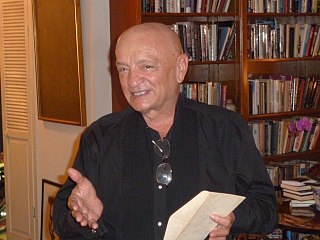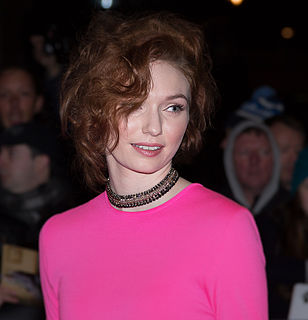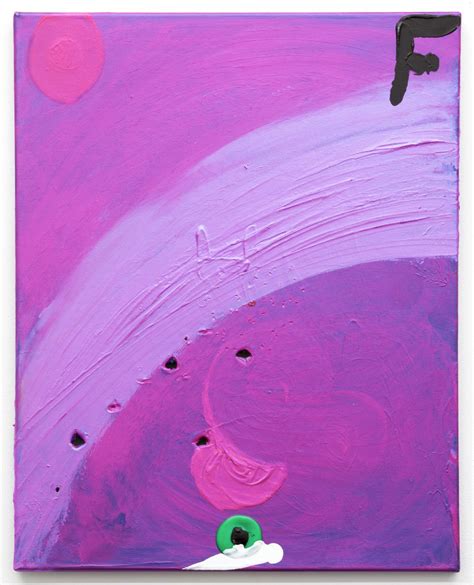A Quote by Wayne Static
I don't like to do any editing on guitars. I think the more editing you do, it just takes away from the feel of the performance.
Related Quotes
All three parts of filmmaking [writing, shooting, editing] contribute to rhytm. You want the script to be a tight as possible, you want the acting to be as efficient as possible on the set, and you have enough coverage to manipulate the rhythm in the editing room, and then in the editing room you want to find the quickest possible version, even if it's a leisurely paced film. I definitely in filmmaking more and more find writing and directing a means to harvest material for editing. It's all about editing.
Performance is made in the editing room, and I've come to see the truth in that - the idea that they say performances are usually made in the editing room because what you film is the raw material. I think just going through the process of saying, "Which take do we use? Why is that the take we want? I want that take can you edit again, I'm not sure that's the one, I think it's this one." And just because you go through that process, I think somehow it's made me sort of more open about the [actor's] possibilities.
You must stop editing--or you'll never finish anything. Begin with a time-management decision that indicates when the editing is to be finished: the deadline from which you construct your revisionary agenda. Ask yourself, 'How much editing time is this project worth?' Then allow yourself that time. If it's a 1,000-word newspaper article, it's worth editing for an hour or two. Allow yourself no more. Do all the editing you want, but decide that the article will go out at the end of the allotted time, in the form it then possesses.
With the camera, it's all or nothing. You either get what you're after at once, or what you do has to be worthless. I don't think the essence of photography has the hand in it so much. The essence is done very quietly with a flash of the mind, and with a machine. I think too that photography is editing, editing after the taking. After knowing what to take, you have to do the editing.
Sometimes the most difficult thing you can do as an editor is not make a single note - the idea that everything and everyone needs editing is, in reality, a fiction. I've gotten pieces where I thought, Well, I could do this or that, or change this word, but in the end, I leave it. Changing something is not necessarily equivalent to making the piece more true to itself, which is the point of editing: it's just changing it because you feel you can or should or must.

































